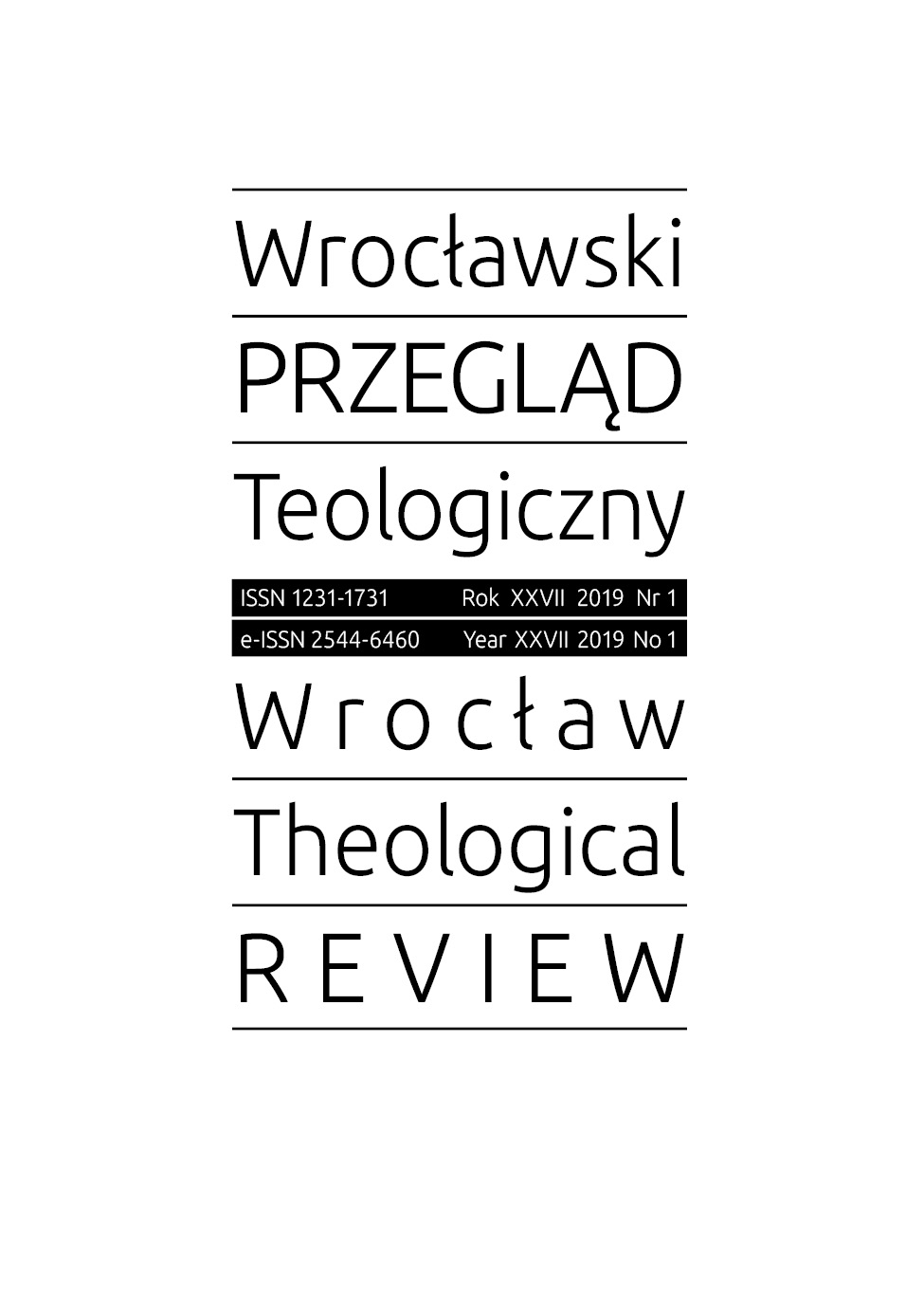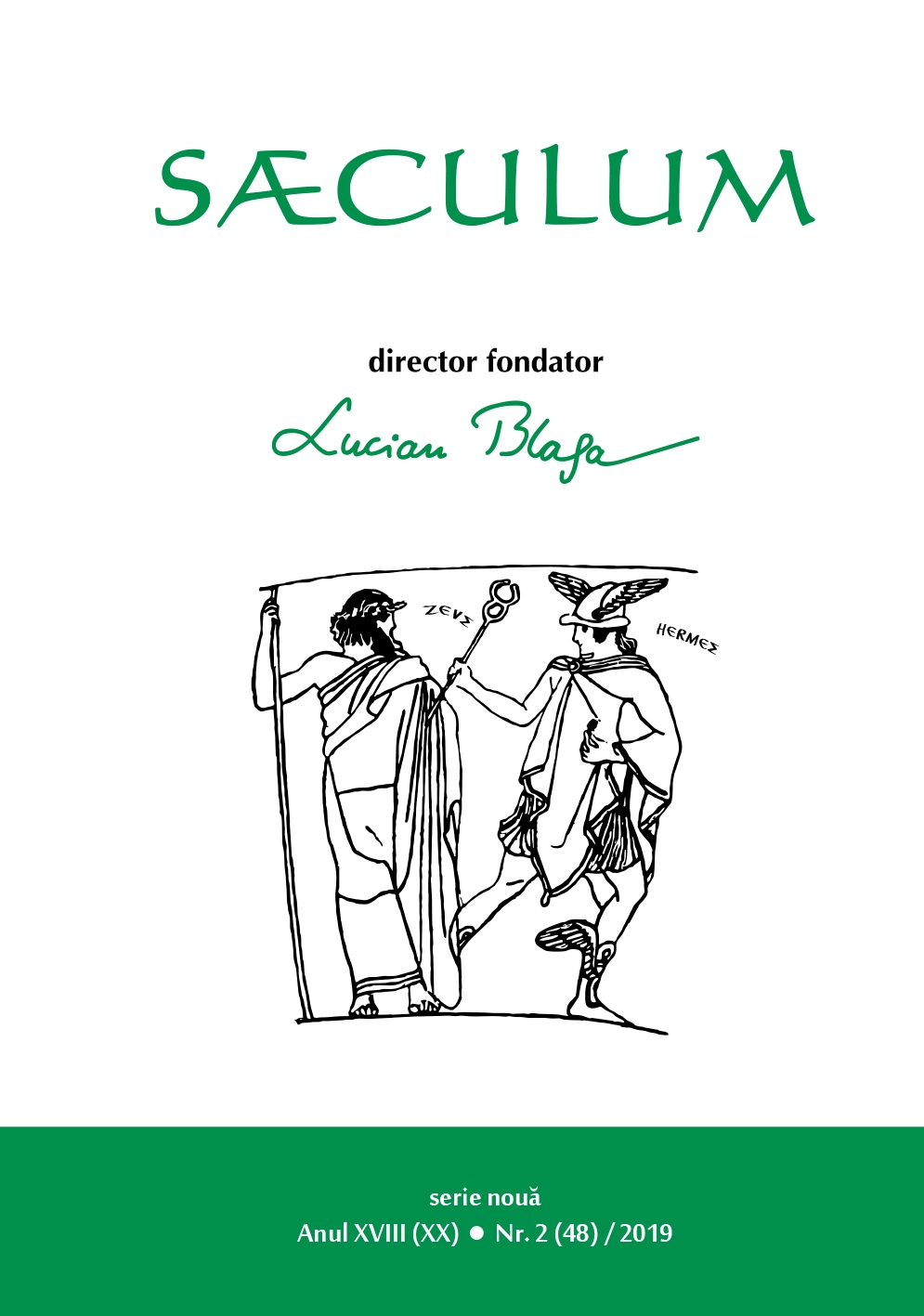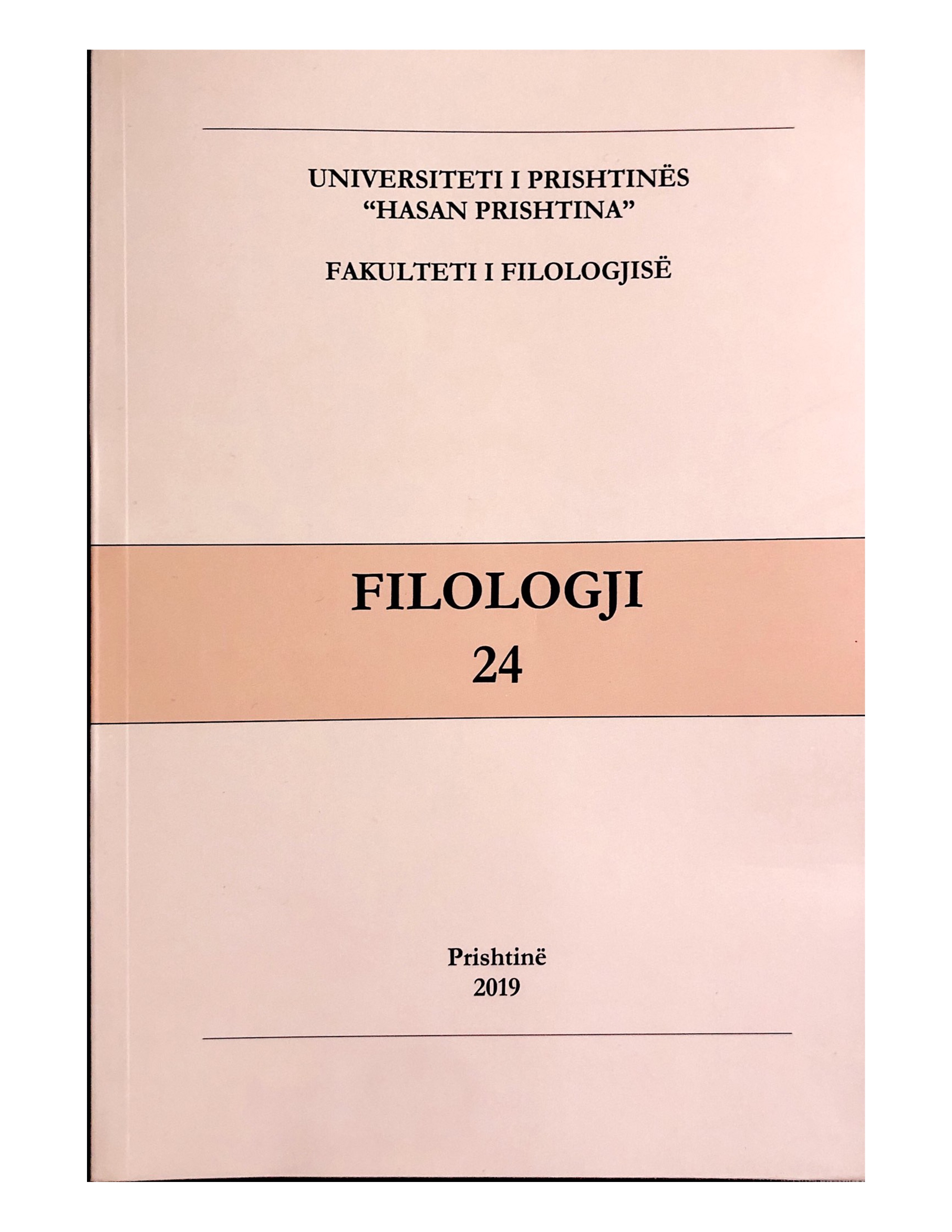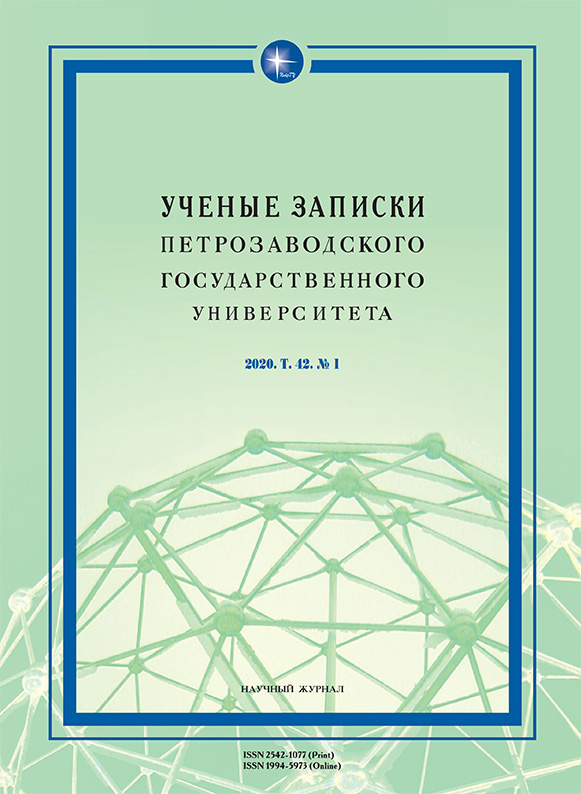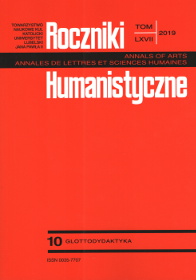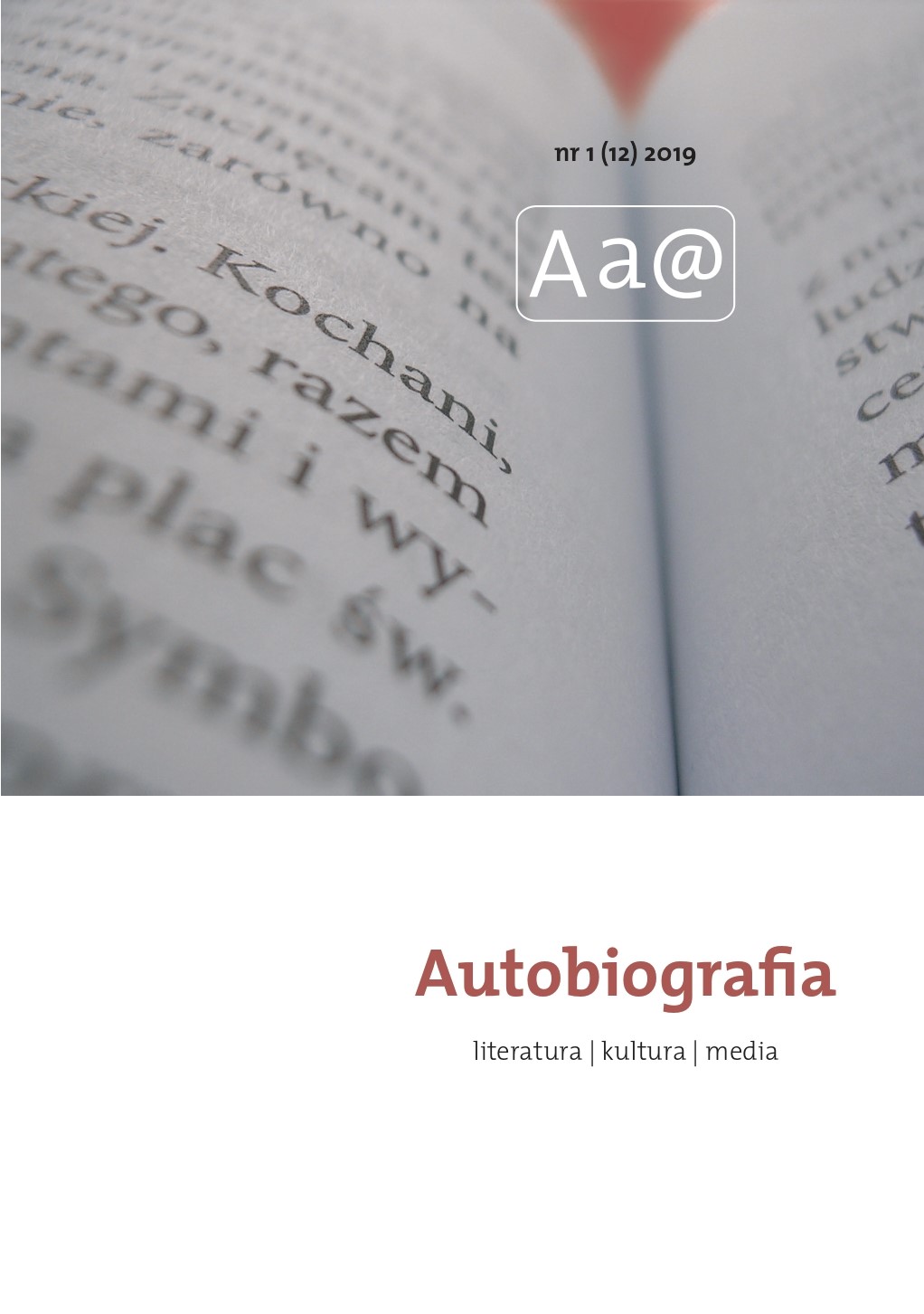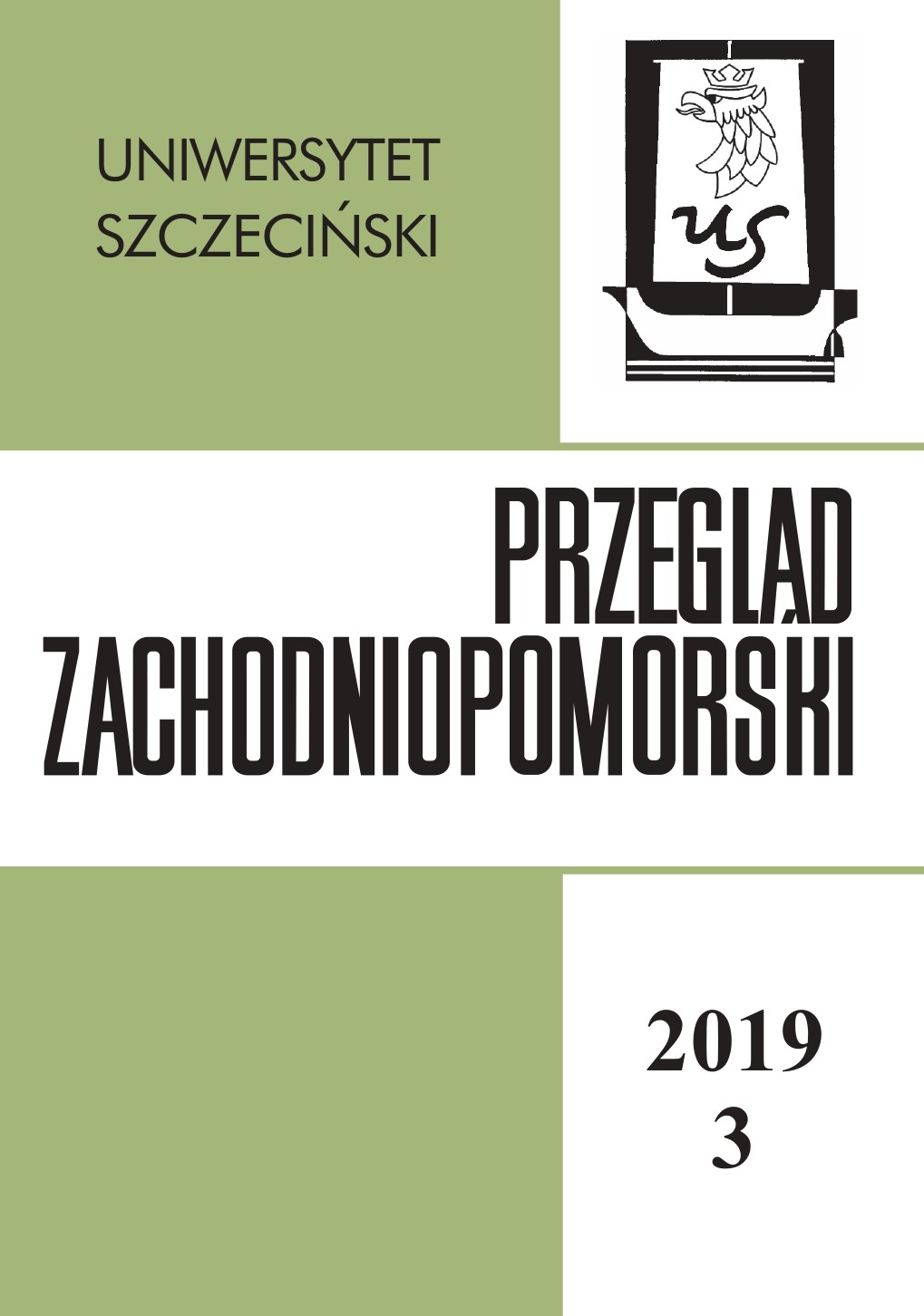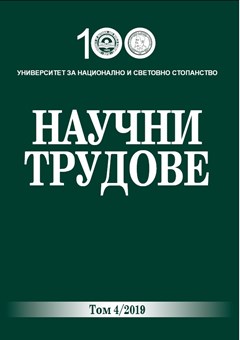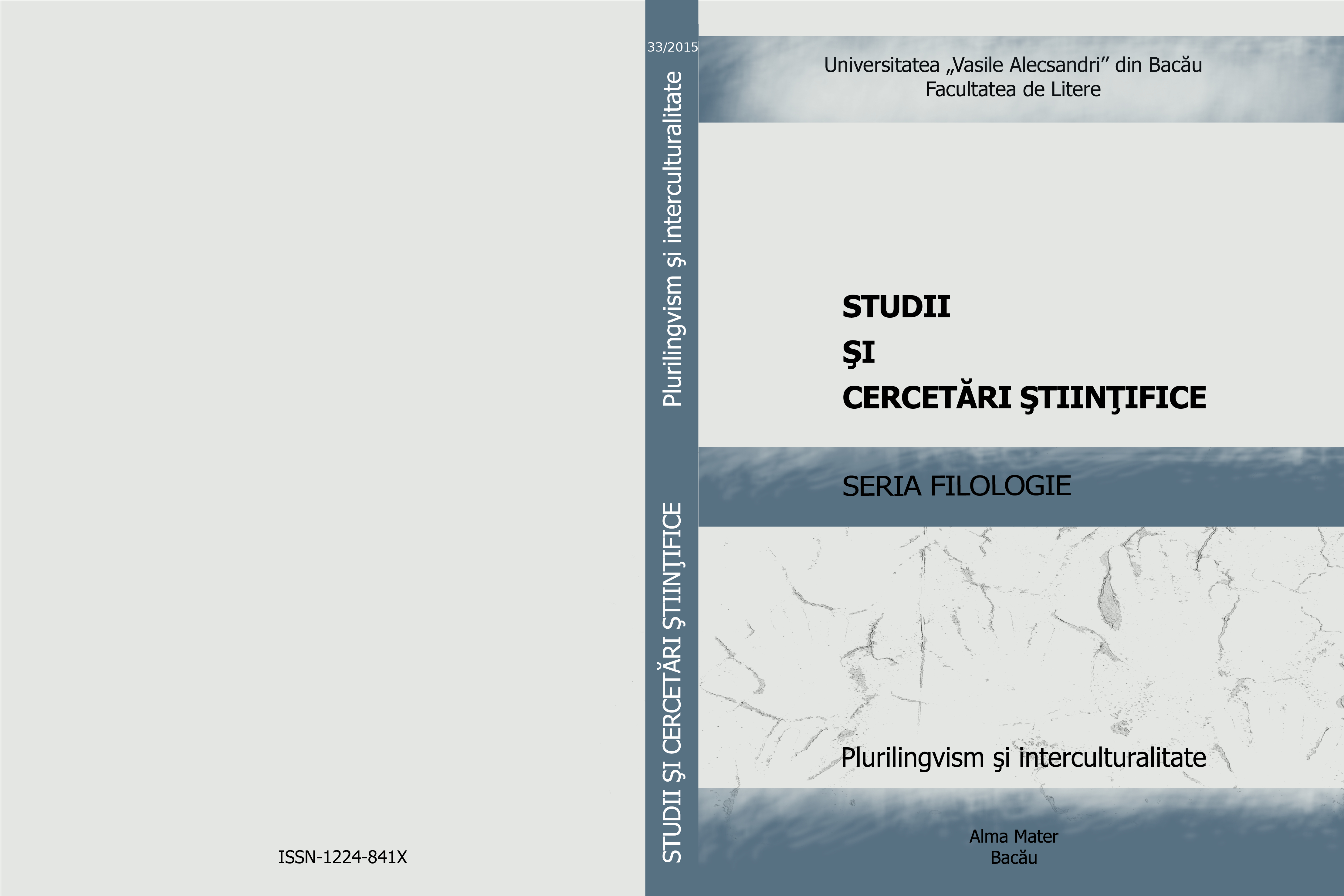
SUBVERTING MALE CULTURE: THE FEMALE DETECTIVE AS A SOCIOCULTURAL ANTHROPOLOGIST
The aim of this paper is to analyse the status of the detective in AndrewForrester’s The Female Detective, while also emphasizing the challenges the femaleinvestigator is faced with. By using Pierre Bourdieu’s Distinction: A Social Critiqueof the Judgement of Taste and Claudia Gross’ comparison between the detective andthe sociocultural anthropologist, the analysis will also compare the figure of thefemale detective to that of the officers in the police force. I will argue that, as aresult, the female detective is seen as a subversive figure, as well as a representativeof a counterculture which highlights failure of the male-dominated establishment toprotect its citizens
More...
